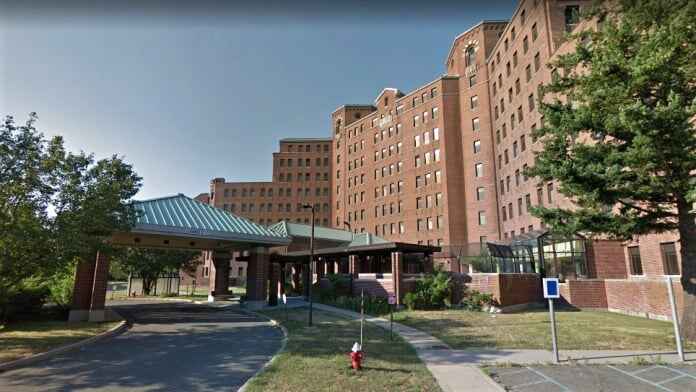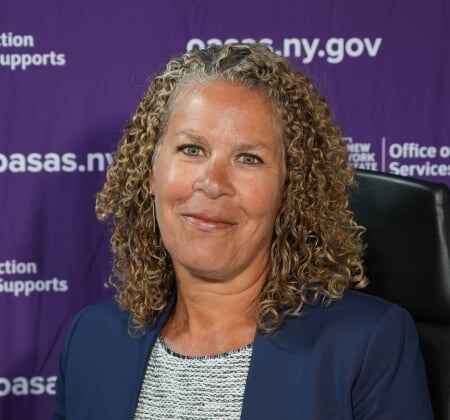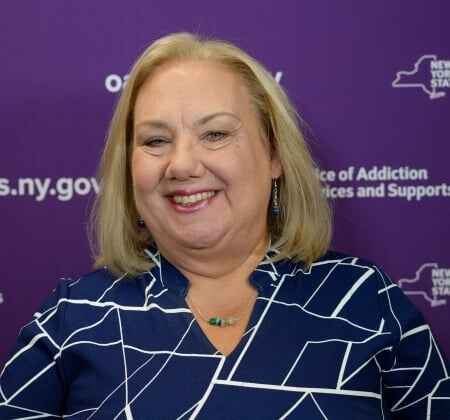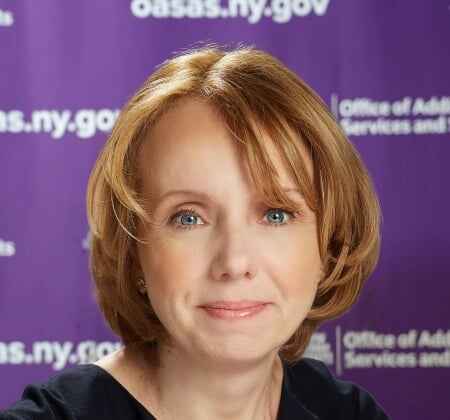About Charles K. Post Addiction Treatment Center – Brentwood
Charles K. Post Addiction Treatment Center has 51 beds available for their extensive inpatient rehabilitation program. An additional 42 more beds are available for the center’s community residential housing program. In addition to offering a variety of interventions that address the social, psychological, and physical aspects of addiction they also offer general medical care, specialized treatment and educational programs.
Their treatment approach acknowledges substance abuse disorders (SUD) including alcoholism as complex conditions that can be effectively managed. Co-occurring psychiatric disorders, physical and medical conditions, relationship issues, and job retention are common struggles that they address. They have a multidisciplinary team that consists of social workers, doctors, psychiatrists, licensed counselors and registered nurses.
Their highly structured and demanding inpatient rehabilitation program is tailored to each client’s unique requirements. Although it can be extended to suit particular needs, a stay of up to 28 days is the maximum.
Financial concerns are addressed through Medicaid acceptance, private insurance and self-pay options. In accordance with the client’s financial situation, they also provide fee modifications. They make sure that no one is turned away due to a lack of funds in addition to helping with Medicaid applications.
Medication assisted treatment (MAT), which uses medications such as methadone, Suboxone and Vivitrol along with nicotine replacement therapy, is a crucial component of their approach. Specialized groups address many recovery-related topics such as anger management, codependency, relapse preventio, and cross-addiction.
They have designed a unique program that addresses the specific challenges faced by women in recovery placing a strong emphasis on stabilization and aftercare planning.
Each discharge is accompanied by a comprehensive plan that addresses the requirements for ongoing care such as having access to a supportive living environment. They work in conjunction with other neighborhood substance abuse providers to ensure that clients receive the best aftercare possible.











